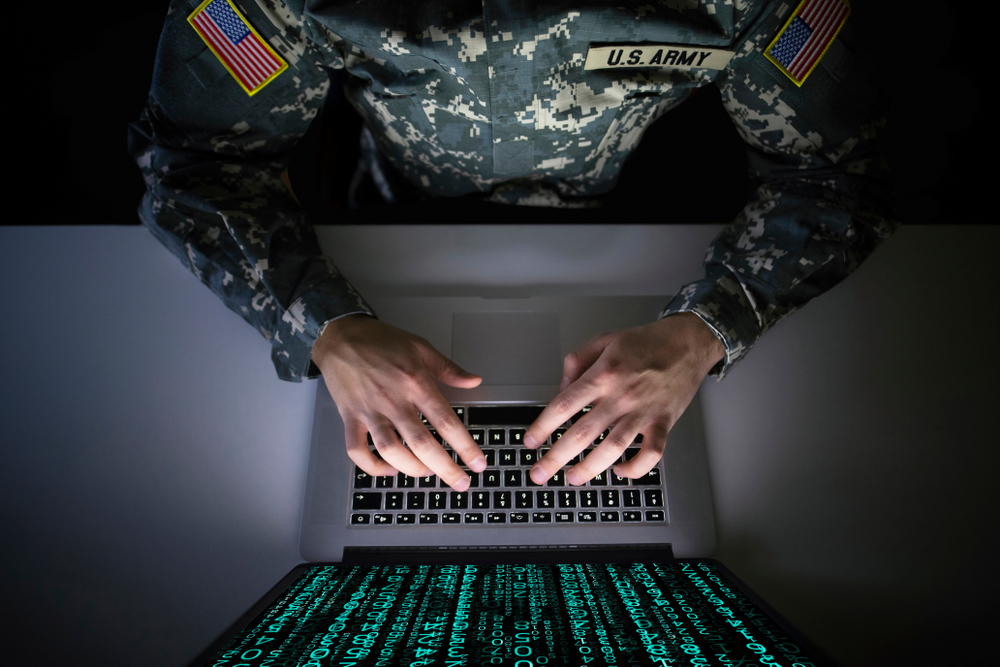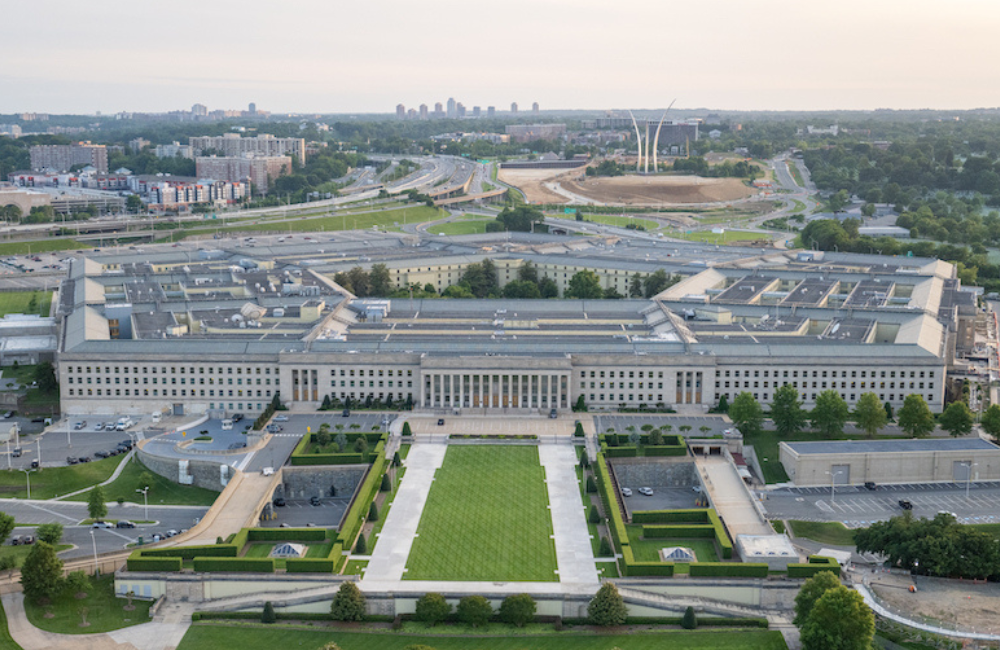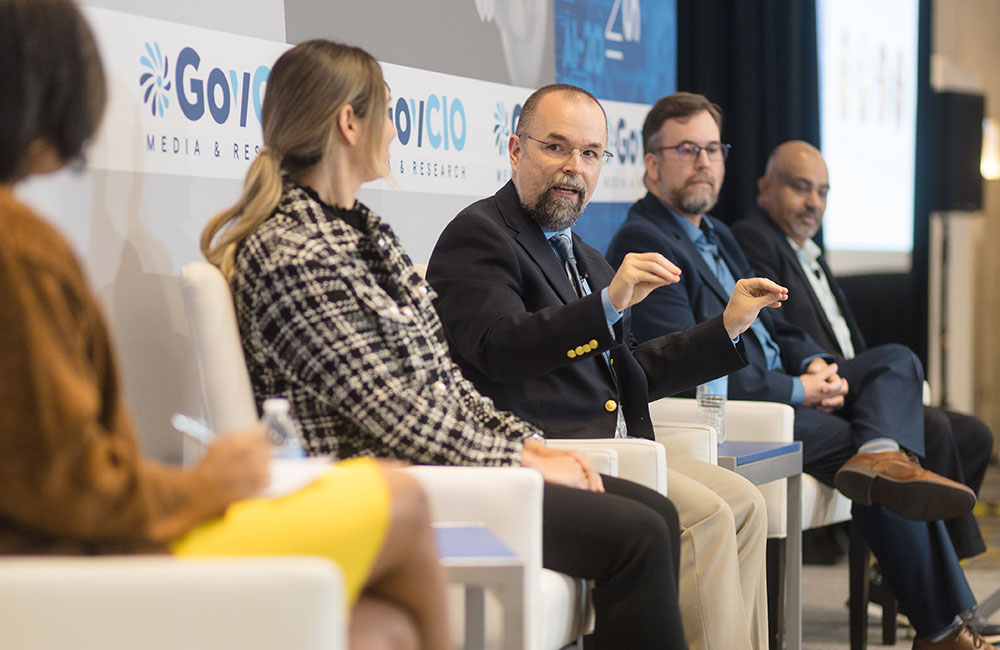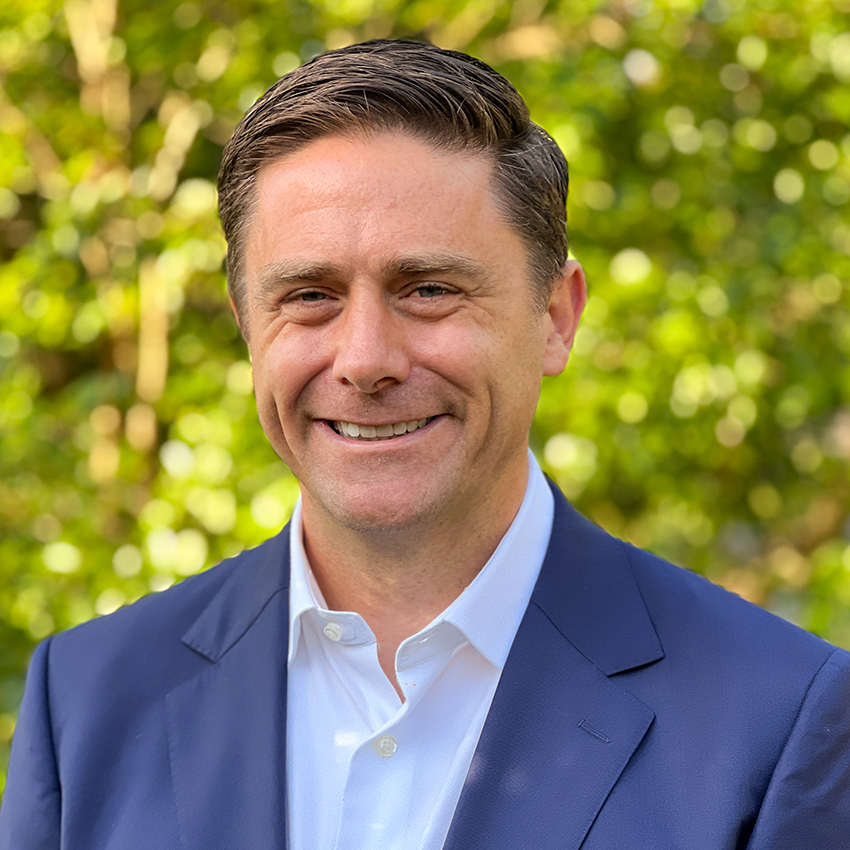Military’s Senior Enlisted Leaders Push Junior NCOs to Adopt Innovation
Junior non-commissioned officers need opportunities to join new units built to advance technology adoption, enlisted leaders say.

HONOLULU – Six senior enlisted leaders across the services said Tuesday at the AFCEA TechNet Indo-Pacific that the U.S. military must do more to offer junior non-commissioned officers (NCO) opportunities to be exposed to innovation units like software factories and listen to the ideas the units provide.
The enlisted leaders credited the military for standing up units like the Defense Innovation Unit (DIU) and Army Futures Command, but said that these units need to be more vocal about the opportunities for junior enlistees.
Army Command Sgt. Maj. Katrina Richardson, America’s First Corps G6 Sergeant Major, said leaders need to trust junior NCOs and provide them opportunities for non-traditional assignments like software factories. She said these units will allow these enlistees to be exposed to new ideas and then install them throughout their careers.
The six enlisted leaders agreed that NCOs must battle the fear of change and must be willing to not always accept that this is how the military has always done it. It’s easy to get caught in that trap, the senior enlistees said.
Air Force Senior Master Sgt. Martin Rhinehard, senior enlisted leader, DISA PAC J6, encouraged senior enlistees to not only have an open-door policy, but also to be willing to take action on the ideas that junior enlistees provide. He suggested testing the ideas on smaller groups, in order to reduce risk.
Air Force Senior Master Sgt. Kristipher Padden, Senior Enlisted Leader, Special Operations Command Pacific J6, also advocated partnering with industry to understand strategy for adopting emerging technologies. Many organizations adopt these technologies more quickly, thus giving junior NCOs the opportunity to learn about them.
To ensure junior enlistees are prepared to adopt these technologies, military leaders need to ensure training programs are updated, said Air Force Senior Master Sgt. Sherri Mattson, J6 Superintendent, U.S. Indo-Pacific Command.
The senior enlisted leaders credited U.S. Indo-Pacific Command for sharing best practices across the joint force, especially in exercises like Talisman Sabre. Innovation can come often from learning how other services or other government agencies are adopting the same technologies, the enlisted leaders said. They also noted the importance of being willing to listen and create a culture willing to adopt change as critical for the U.S. to maintain its military edge.
Richardson, Rhinehard, Padden and Mattson were also joined on the panel by Air Force Chief Master Sgt. Ricardo Cabezas, Senior Enlisted Advisor to the J6, U.S. Indo-Pacific Command, and Navy SCPO Carlos Shelmire, Senior Enlisted Leader, CO-IPE, Fleet Cyber Command/10th Fleet.
This is a carousel with manually rotating slides. Use Next and Previous buttons to navigate or jump to a slide with the slide dots
-

Tracking Trump's Cabinet Nominee Hearings, Confirmations
Trump cabinet nominees are undergoing Senate hearings in a process to confirm the president's new federal agency leadership appointments.
7m read -

DOD's Cyber Academic Engagement Office Centralizes Operations to Drive Efficiency
The office prioritizes centralization and collaboration as part of its 2025 strategy to drive operational efficiencies and improve services.
3m read -

Tracking CIOs in Trump's Second Term
Stay informed on the latest shifts in federal technology leadership as new CIOs are appointed and President Trump's second term takes shape.
6m read -

‘Talent Is Our Asymmetric Advantage’, Pentagon Officials Say
DISA and Cybercom leaders emphasize the need for dynamic skills, continuous learning and industry partnerships to prepare for future threats.
4m read




